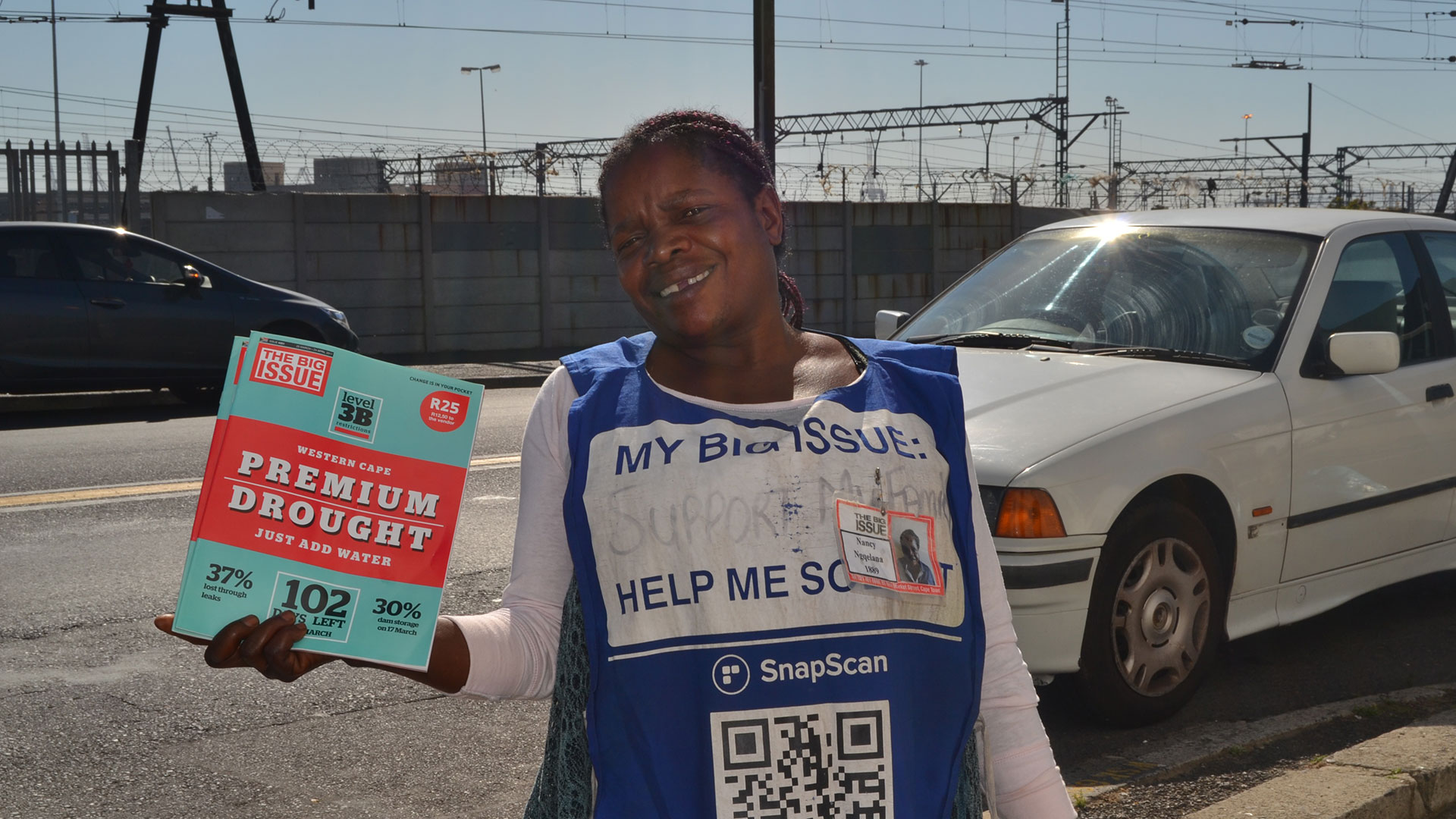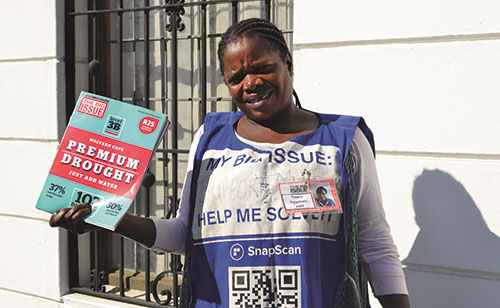Last week, president Jacob Zuma finally bowed to mounting pressure and resigned, giving South Africa fresh hope. The embattled former ANC leader, 75, was offered the option of standing down or fighting a no-confidence vote as he faces allegations of corruption.
South Africa’s Constitutional Court ordered Zuma to repay £13.7m in public funds spent on refurbishing his private homestead, and he also faces more than 783 allegations of corruption relating to a 1990s arms deal. Zuma chose to fall on his sword, ending his nine-year tenure and handing over to deputy Cyril Ramaphosa.
The new president faces both man-made and natural crises
The new president faces both man-made and natural crises, with the economy being rated as Junk by financial agency S&P, and Cape Town in the midst of a devastating drought. We asked people marginalised and living on the edges of the society, vendors of our sister title Big Issue South Africa, to tell us about the realities of life on the streets there.
Progress Cembi, 46… is making progress

I moved to Cape Town in 1997 to seek employment. Before joining The Big Issue in 1999, I had several jobs in warehouses. I left a few months later after getting work as a cleaner at a military hospital. In 2008 I returned to The Big Issue.
I enjoy being a Big Issue entrepreneur, because it teaches independence and how to work with people. I am now able to afford necessities and provide for myself and my family.
I enjoy being a Big Issue entrepreneur, because it teaches independence and how to work with people
I have two boys whom I love so much and it’s important that I provide for them and set an example of how to be a good father. Working for myself also gives me the opportunity to visit my family regularly back home in the Eastern Cape – my eldest son lives there .











